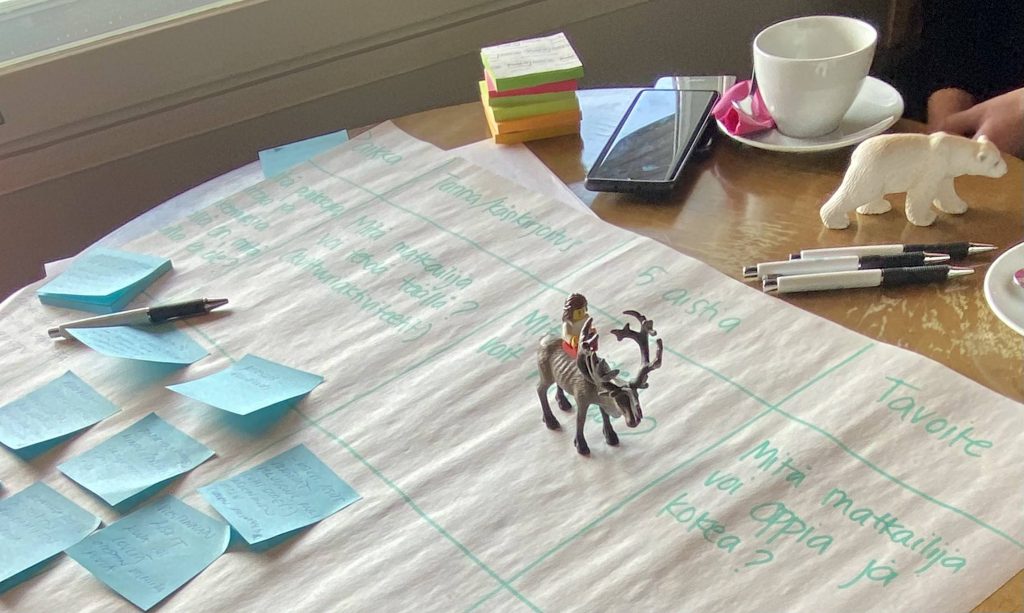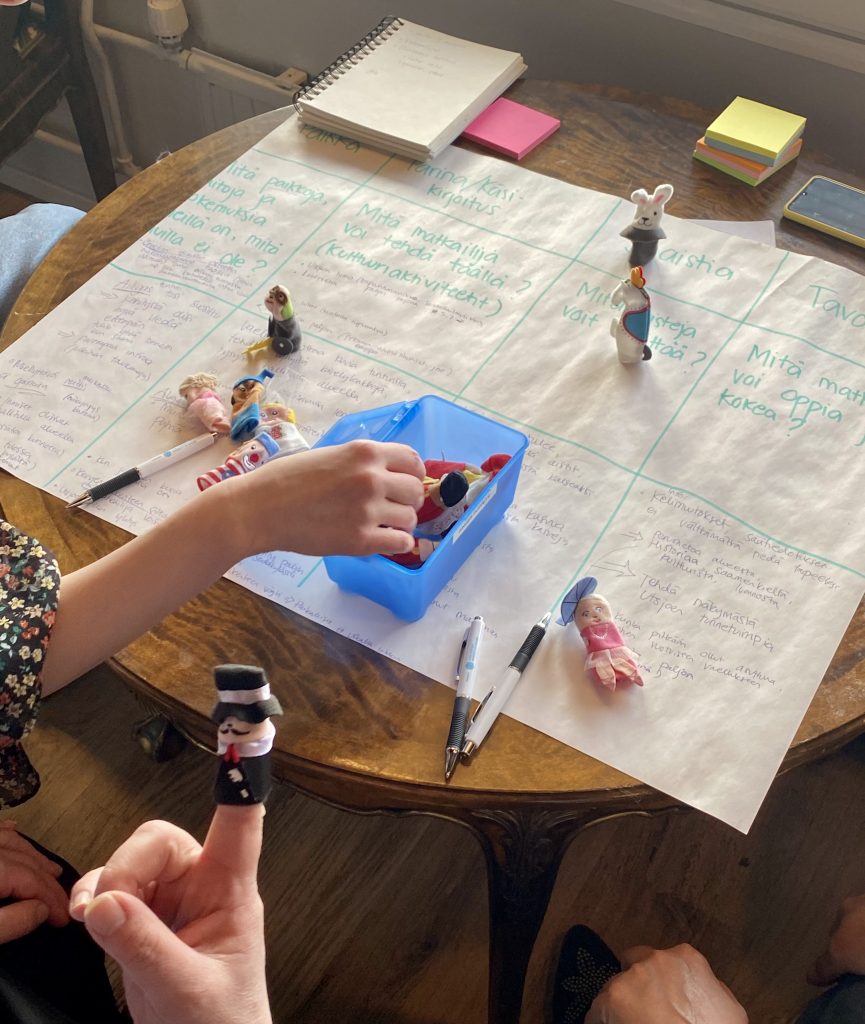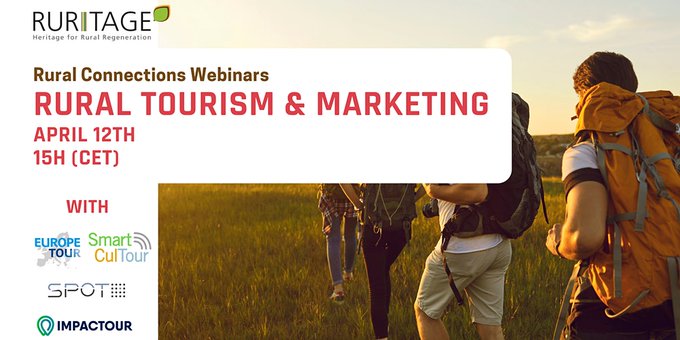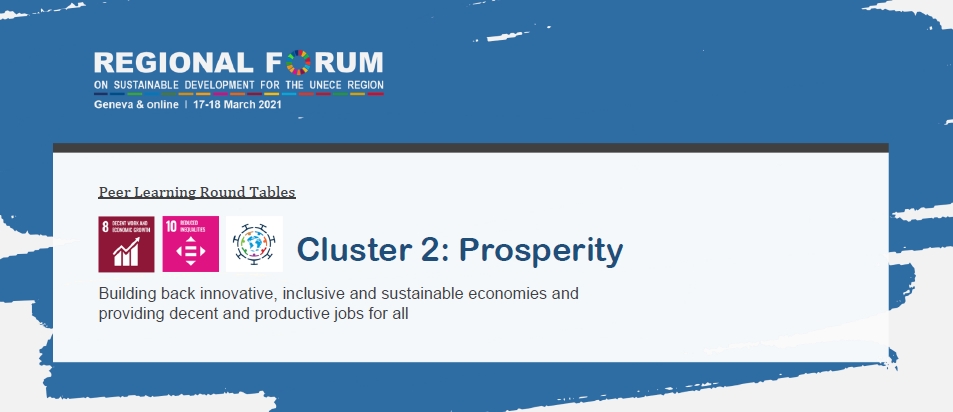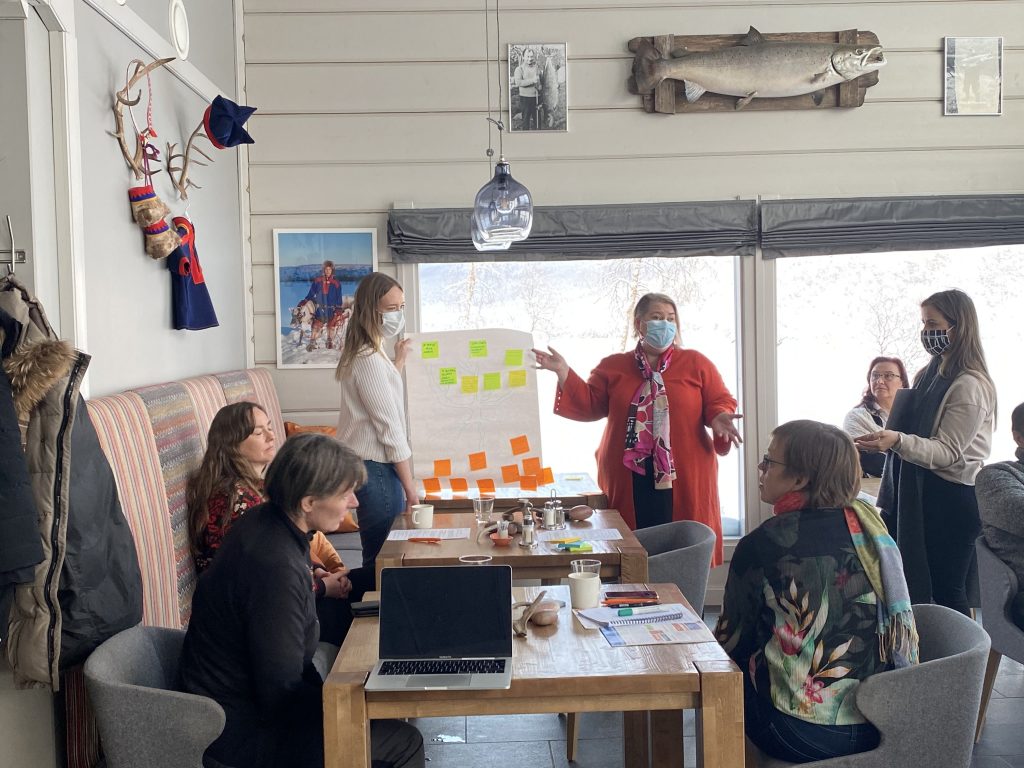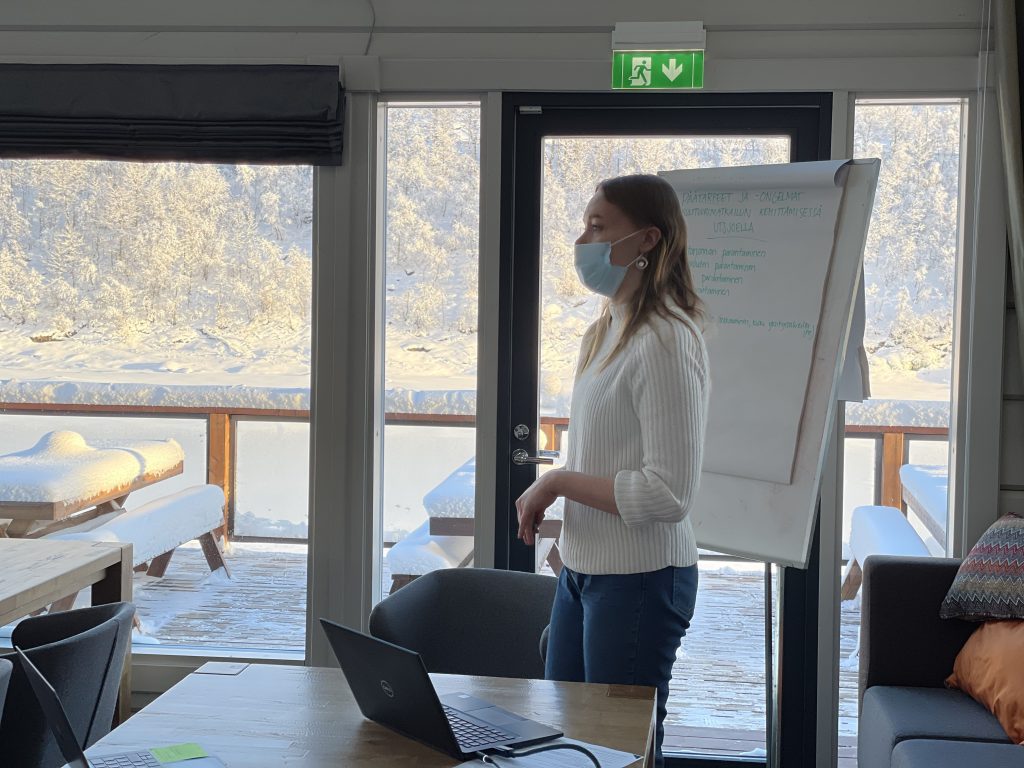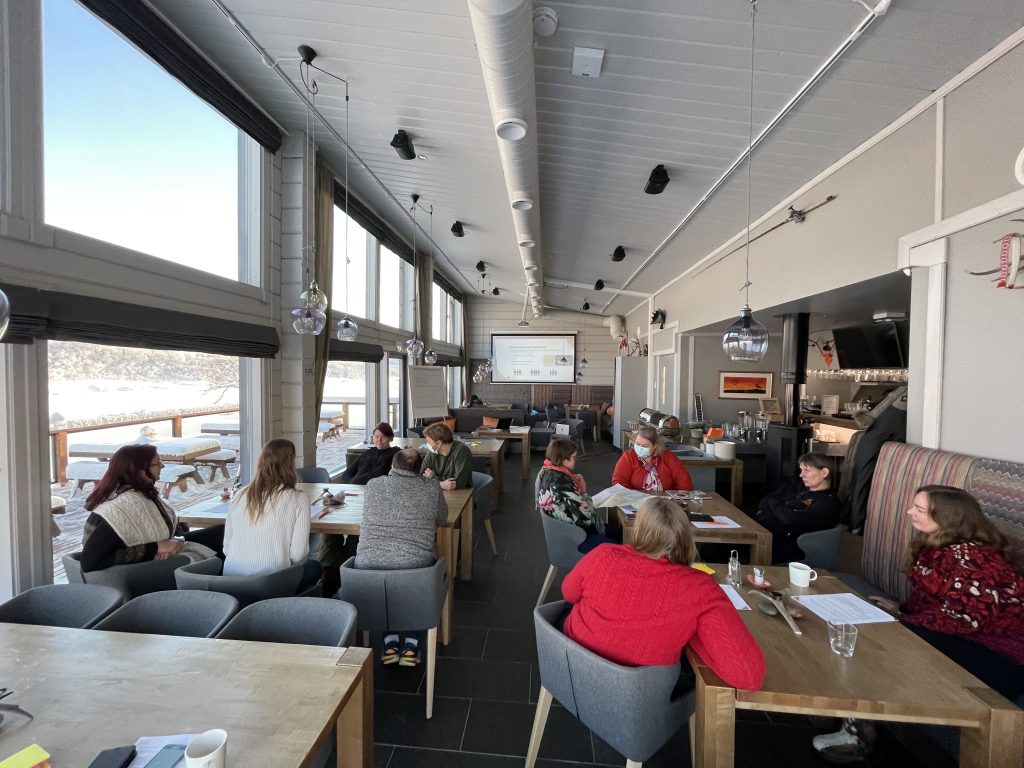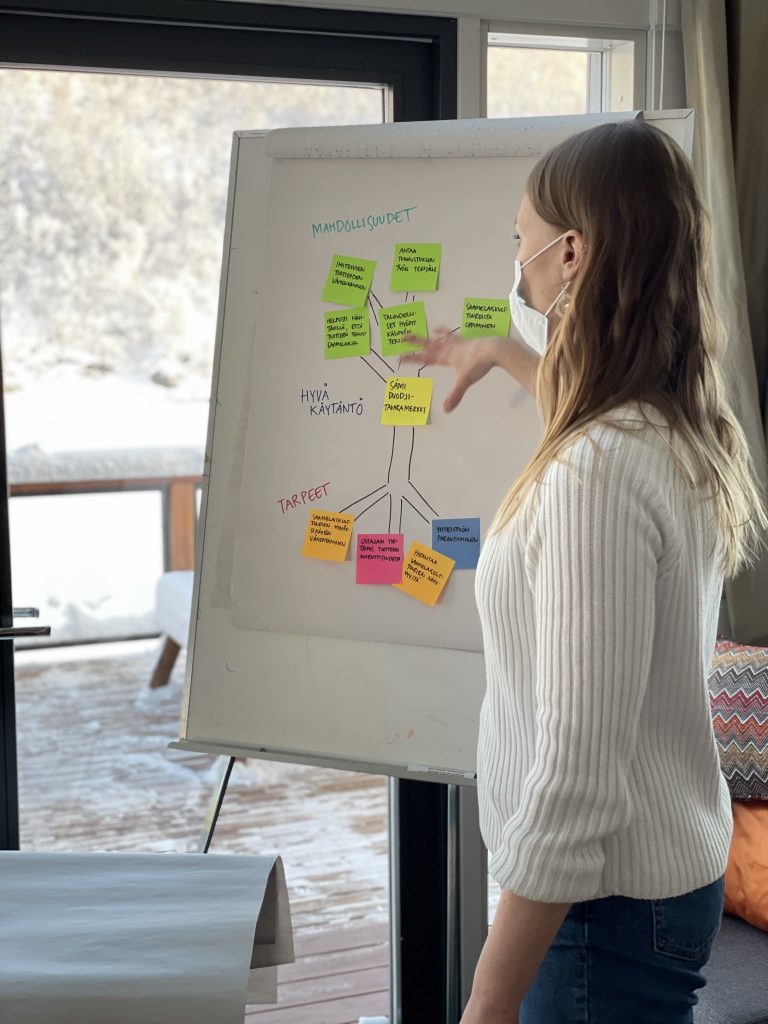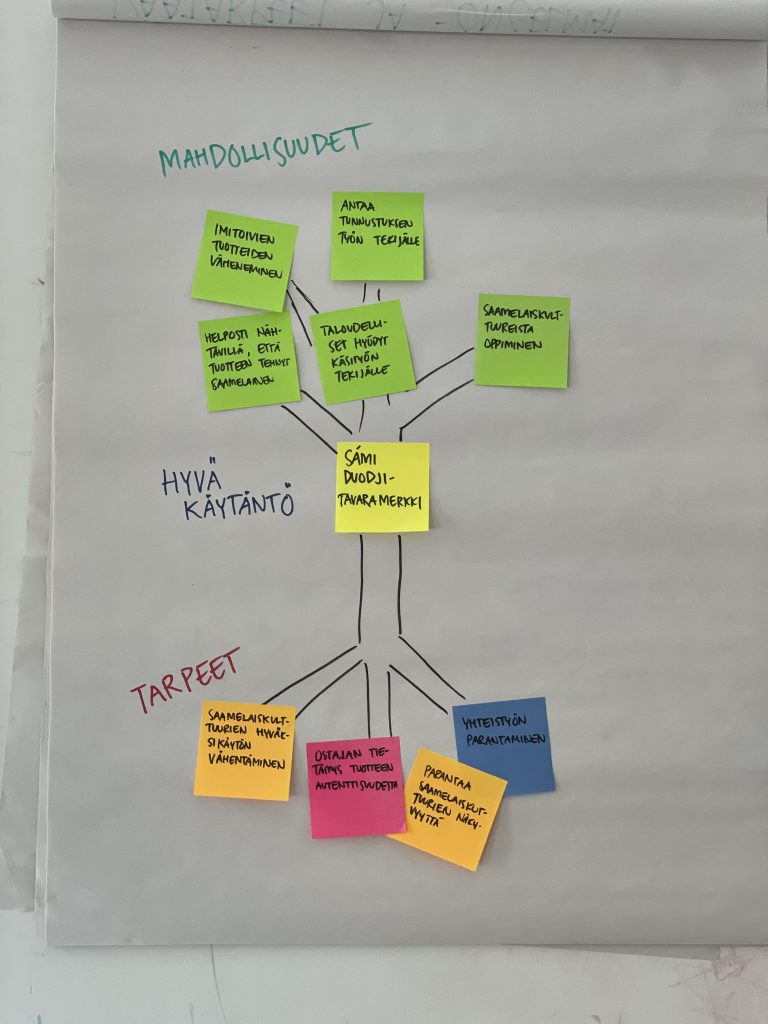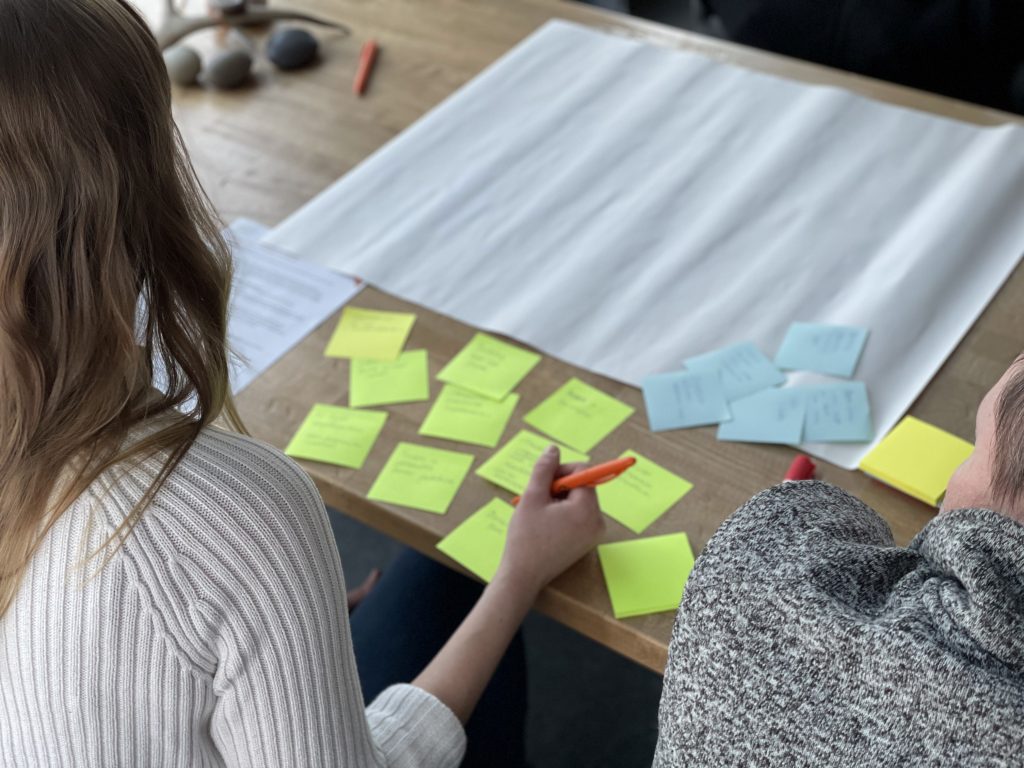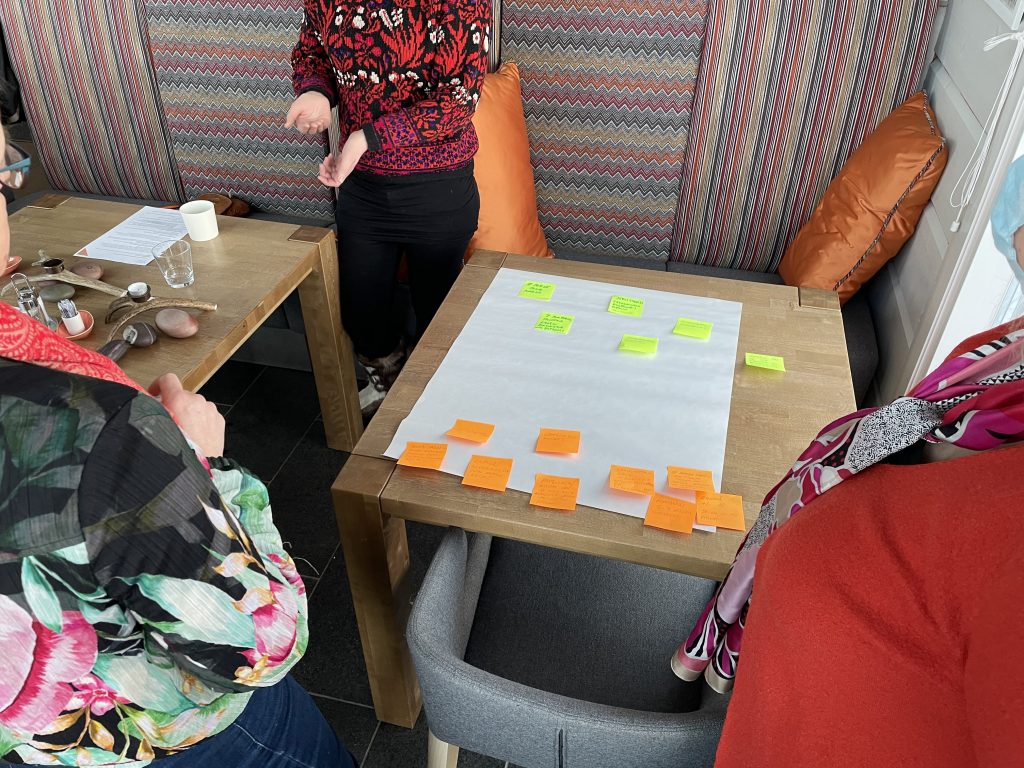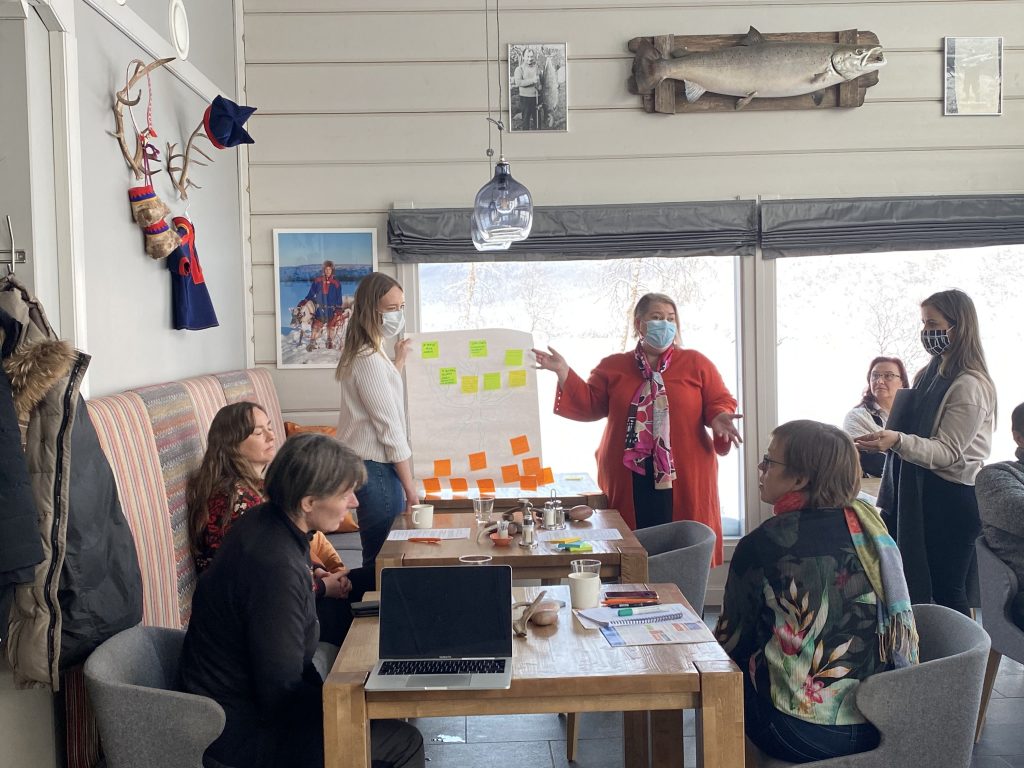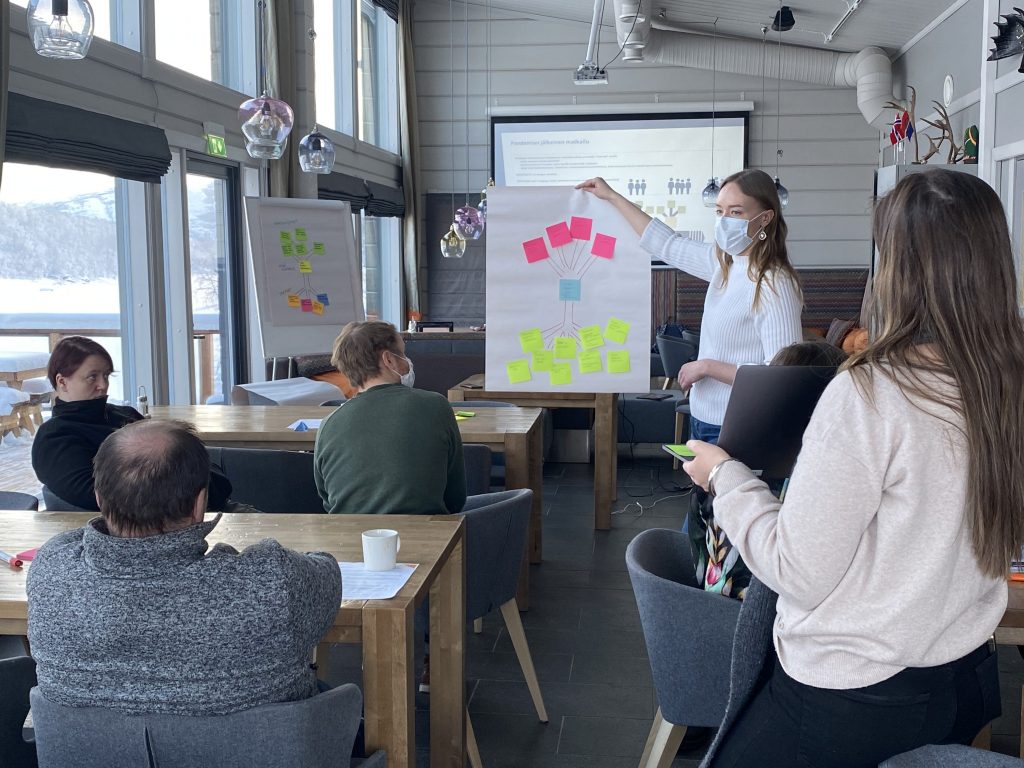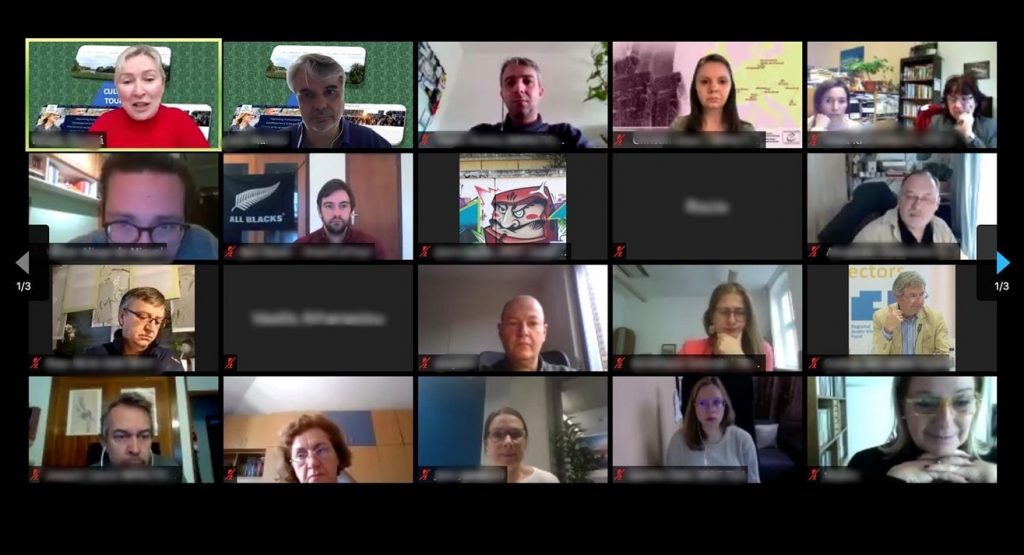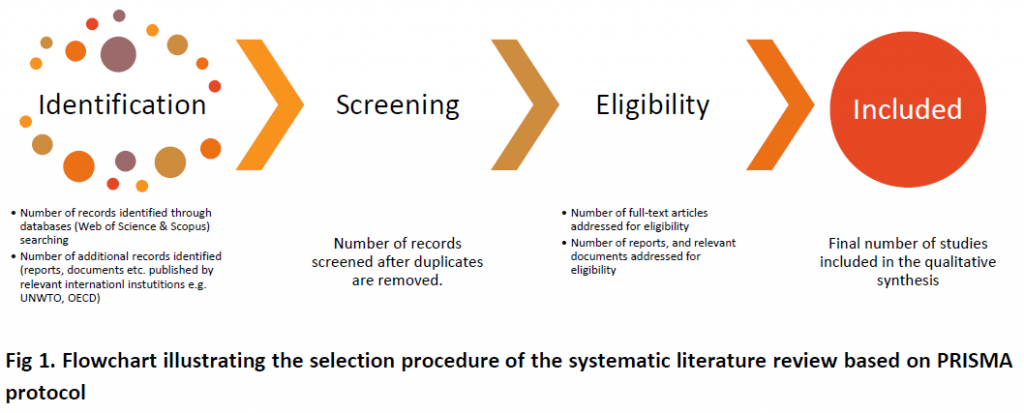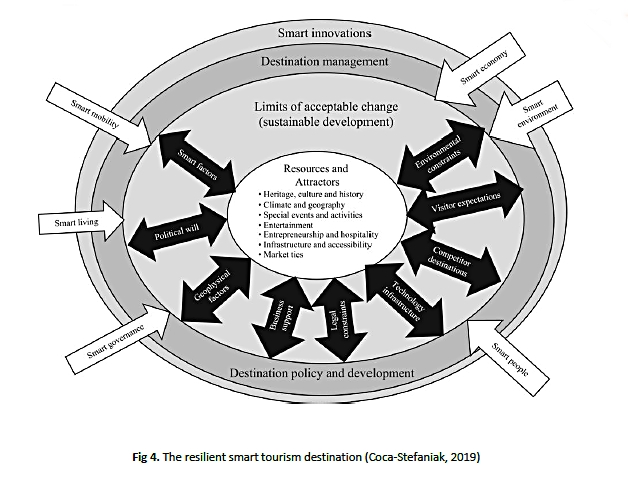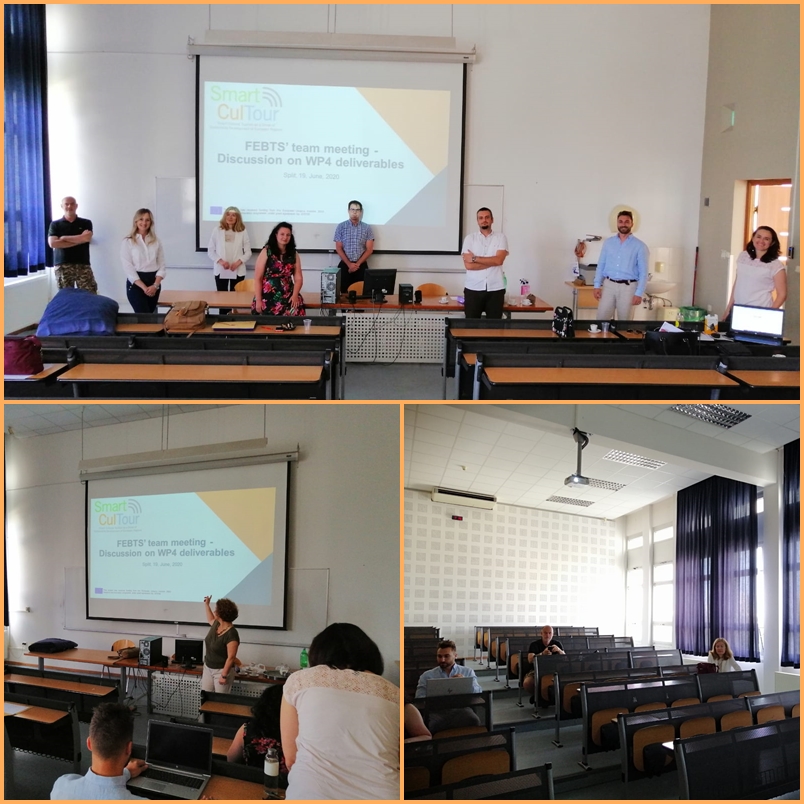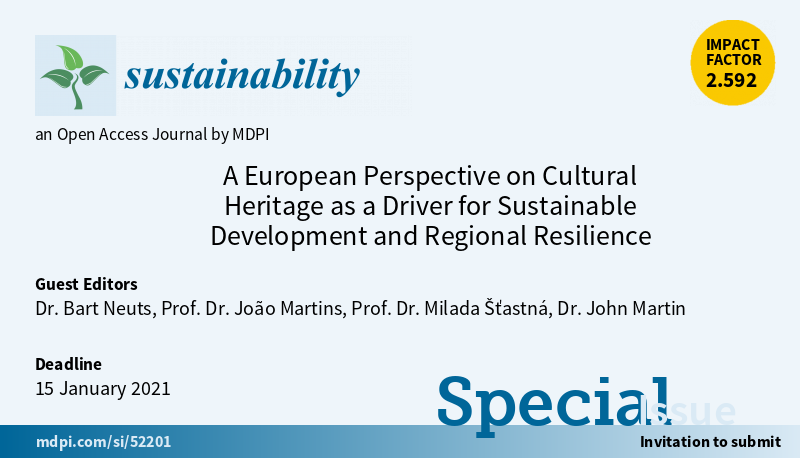Second Living Lab workshop in Utsjoki
SmartCulTour project partner ULAP held the second hybrid workshop on 21 April 2021 in their Utsjoki living lab with the local stakeholders to discuss and generate ideas for developing sustainable cultural tourism in Utsjoki.
The workshop started with a warm-up activity in which the participants got to know each other through bodily performance to share a place that was meaningful to them. SmartCulTour partner CIHEAM Zaragoza was invited to participate in the workshop to present Huesca as a living lab with similar needs and challenges around rural tourism destinations and to share their local tourism initiatives. The workshop focused on discussing how sustainable cultural tourism could contribute to the development of Utsjoki and generating ideas to develop sustainable cultural tourism in Utsjoki. Service design and art-based tools and methods were used to engage the workshop participants in exploring the potential of cultural tourism in Utsjoki. Participants collected and shared photos of local places where they deemed unique. Using a storytelling template, the participants came up with ideas for further developing the unique local places into culturally interesting places with stories and senses. The workshop closed with participants planning the next steps for the next workshop.


